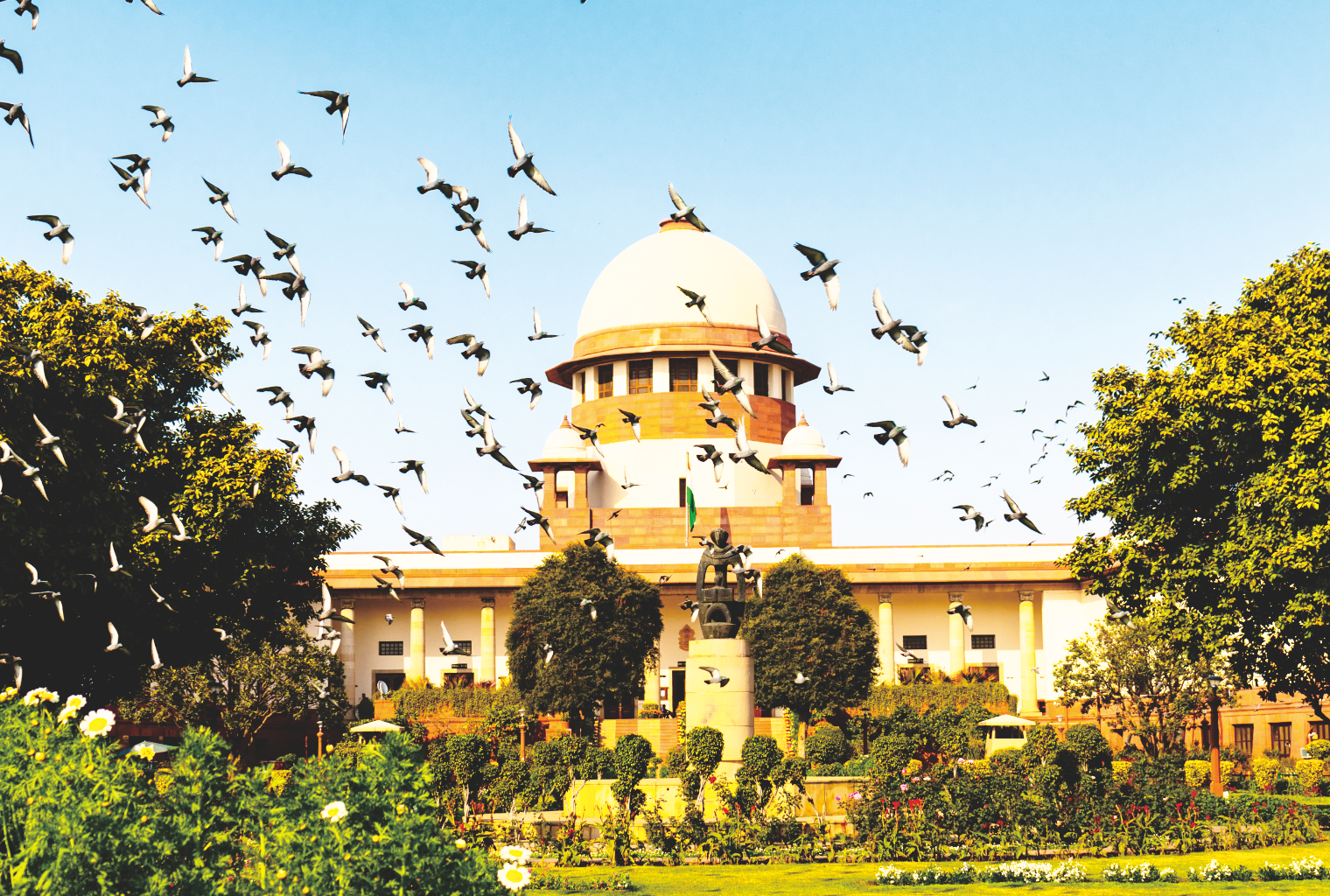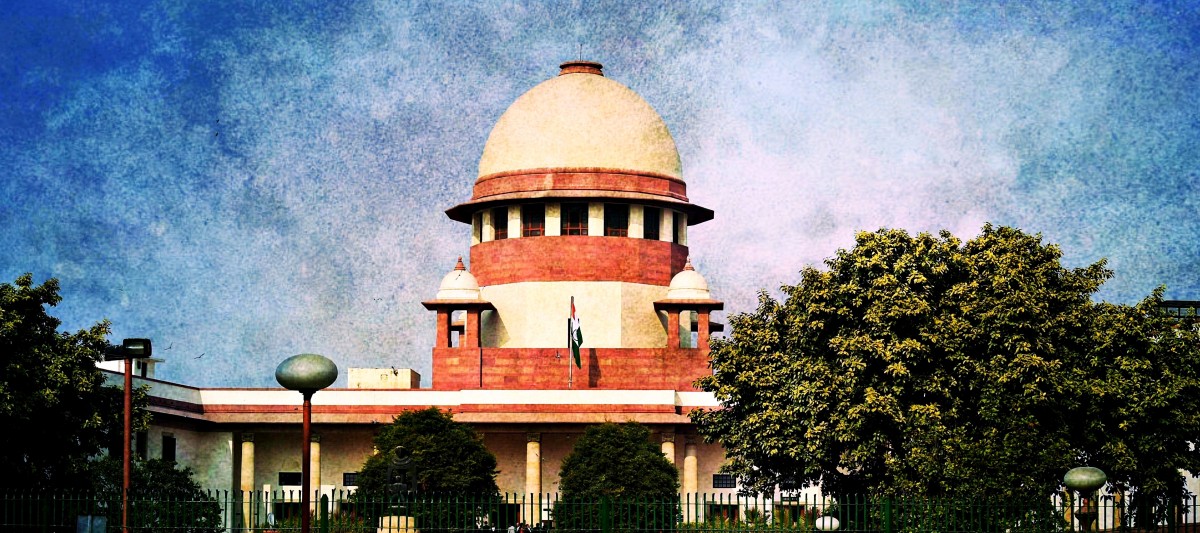Supreme Court to pronounce judgment on scope of right to protest in public places today
Today, the Supreme Court is expected to pronounce on the petition, which sought to set guidelines on the scope of the right to protest in public places and whether such right may have limitations.
A petition was filed by advocate and social worker Amit Sahni regarding the protest against the Citizenship Amendment Act (CAA) in Shaheen Bagh area of Delhi.
Sahni had said in the application that such protests cannot continue on the streets. Despite the Supreme Court’s directive to block the roads, the protests continued for 100 days and the Supreme Court should decide the guidelines.
On behalf of the petitioner, it was requested from the Supreme Court that in order to avoid any such situation in future, the reason should be given appropriate instructions.
During the hearing too, there were many times in the democracy about the right to protest and the right of people to move freely. The judges also reserved the order on September 21 after listening to all the parties.
The decision in this regard will be pronounced by a 3-member bench headed by Justice Sanjay Kishan Kaul.
On September 21, the Supreme Court bench comprising Justices Anirudh Bose and Krishna Murari commented that the right to protest must be balanced with the right to free movement of the public.
In parliamentary democracy, there is a right to protest, but can a public road be blocked for a long time? When and where can the protests take place? We will think about how it can be balanced.
In Shaheen Bagh, people were sitting on the road for more than 100 days against the Citizenship Amendment Act. Due to this, lakhs of people were having daily trouble in commuting daily due to the blocking of an important road connecting Delhi to Noida and Faridabad.
Advocate Amit Sahni and BJP leader Nandkishore Garg and others filed a petition in the Supreme Court against this.
By Priya Kumari


